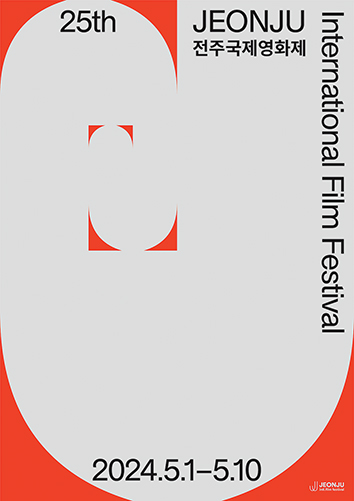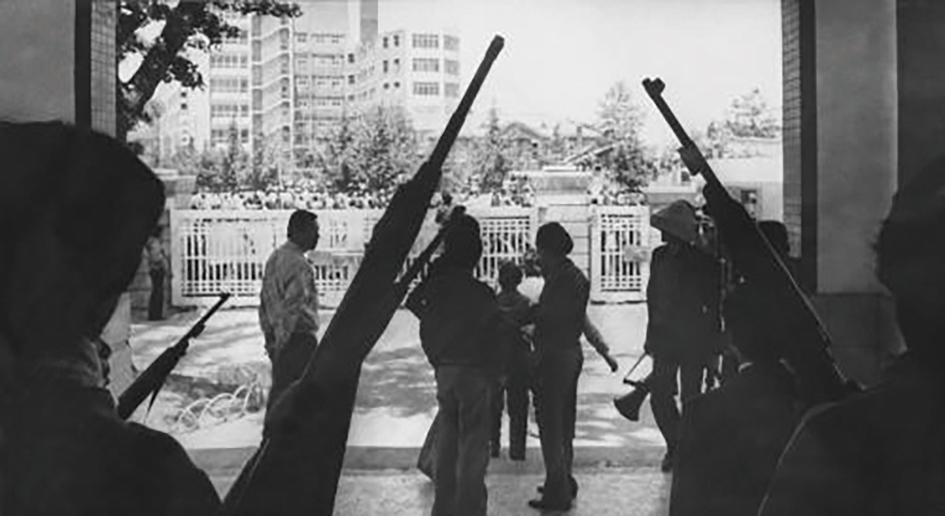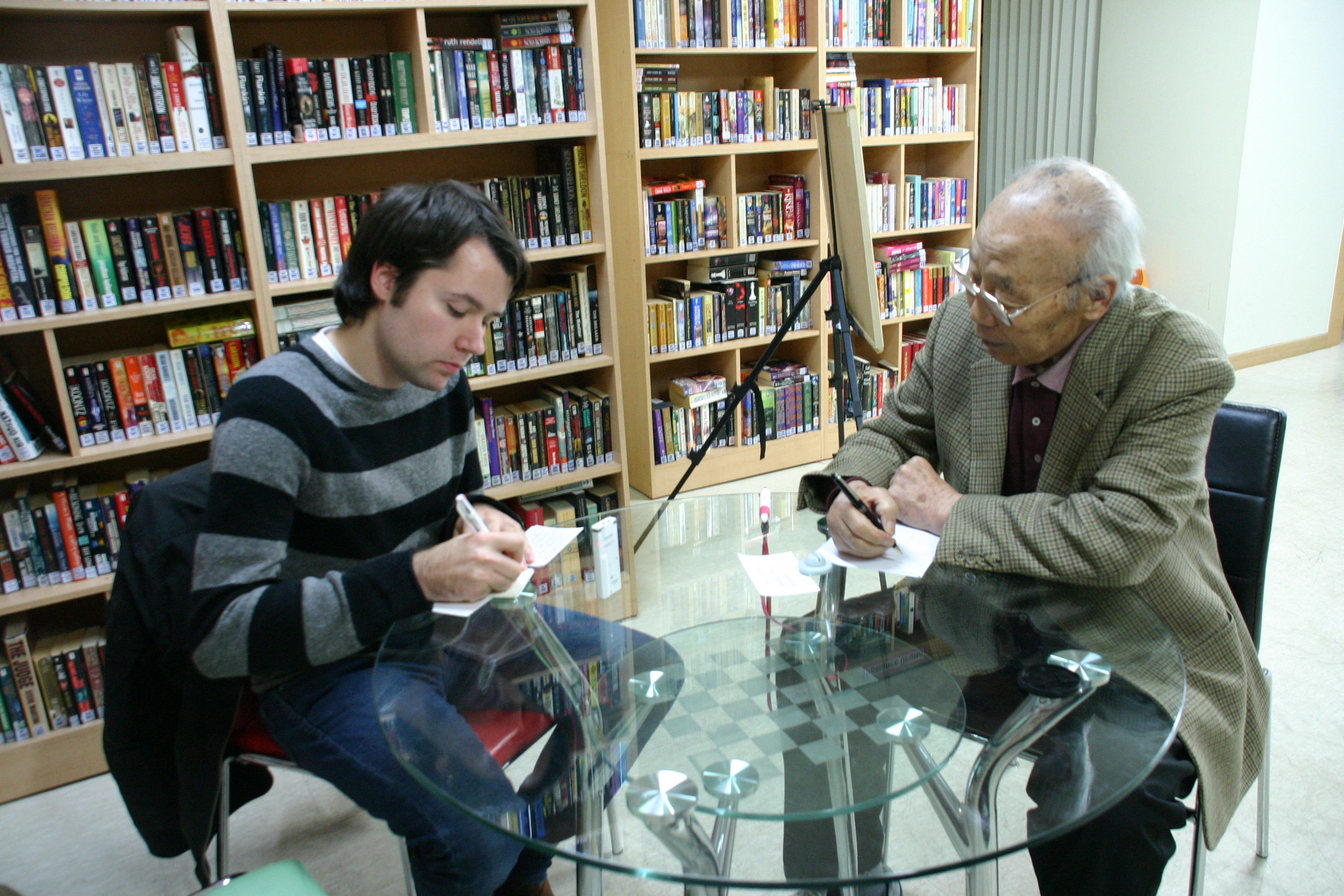Prof. Shin Sangsoon Looks at a Lifetime of Korean History
Written by Kyle Johnson
Photograph courtesy of the Gwangju International Center
Originally published December 2010 #105
Long-time Gwangju News readers know Shin Sang-soon by his pen name, 2Ys, from his column entitled Korean Way. Shin is a Gwangju native, but has spent quite a bit of time living and traveling elsewhere in Korea, Japan, and the United States.
Shin has seen a lot of changes in Korea throughout his life. He was born into a Japanese-occupied Korea, but attended Waseda University in Japan before being drafted into the Japanese army during World War II. Shin returned to his home country in 1945, after the war’s conclusion and at the dawn of Korea’s newfound independence.
“I was kind of loafing because I had nothing to do. But I happened to start working in a middle school, teaching English,” he said. Next, Shin taught English at a high school and worked as an interpreter for the U.S. military in Korea. Next came the Korean War, which changed everything for Shin and his fellow Koreans.
“In a way, the Korean War was a turning point in my life I think, because I lived in Seoul and because of the war, I lost all my property. At that time, I was running a small printing company, but … when U.N. forces landed in Incheon and retook Seoul, the North Korea occupation soldiers came to my printing company and carried away all the machines and equipment,” he said.“I was broke.”
Shin took a job as an interpreter for the United Nations and traveled with the U.N. forces for a year as they made their way across present-day North Korea. He served with the U.N. forces for two more years in Gwangju, and “spent his young days” teaching English at Chonnam National University for 35 years. Shin also studied English for two years at the University of Hawaii’s East-West Center, which was created in the 1960s to link Asia and the United States.
In early November of this past year, Shin met with the Gwangju News to discuss his interesting life and thoughts about current issues in Korea.
Gwangju News (GN): You mentioned studying English at the University of Hawaii’s East-West Center. I think many readers would be interested to learn more about your experiences learning English.
My basic English knowledge was taught during the Japanese days. My middle school, high school, and college days were all spent under Japanese rule. Then I joined the United Nations forces and got in touch with American officers and soldiers. That’s the first that I came to learn American English. Before that, my English was British English, with a British pronunciation. After that, I was with American officers in the United Nations forces for over one year before coming to Gwangju and working with the U.N. forces here for two years. From there, I went to America (the East-West Center in Hawaii.) That’s how I came to learn English.
GN: You have written for the Gwangju News for a long time. Why have you done this? Why did you think it was important?
Since I am a Korean, I want many foreigners to learn something about Korea: Korean history, Korean folklore, Korean traditions, things like that. That’s why I started writing the Korean Way articles.
GN: Speaking of foreigners, what misconceptions or misunderstandings do you think foreigners have about Korea?
If you are in a foreign country, you come up with many things different from your own culture. People are biased with different cultures or misconceptions, things like that. And if the culture is different from yours, then you judge the differences from a good or bad point of view. Not just a difference, but good or bad. That’s not good. The culture is just different. No good, no bad. … Cultural differences must be recognized as differences. Not value judgments, just differences.
GN: Korea is becoming a more multicultural society. Do you think there are any issues or problems that have been caused by this?
Not in the distant future, but someday, we may confront a big social problem because of multicultural households. Now, especially in the rural areas, there are many single men because … the girls go to the cities to work as a factory worker and earn more money.
That creates more men with fewer girls, so men, to get married, have started taking foreign girls from Southeast Asia as wives. … Now in the rural areas, more than 10 percent of marriages are between Korean men and Southeast Asian girls every year. … This may create quite a social problem, not in the distant future. For example, there is social instability in France these days. In France, there are many immigrants from Africa, from the former French territories, they come to France and they are the source of trouble. In Korea, these 10 percent of marriages, and they create children; they may be a social problem not in the distant future. That’s a big problem.
GN: Why is this is a problem?
These youngsters find it very difficult to find a place in society. And these youngsters produced by this multicultural family, they fail to learn the language. That’s a big problem. They drop out from school. Where do they go? So, they will create problems.
GN: What are your thoughts about the G-20 summit?
It is hard for me to know how Korea ever became one of the G-20 nations. Many social scientists think that Korea somehow managed to develop tremendously in the last several decades, and this is recognized all over the place, all over the world. … For Korean development after the Korean War, in just 50 or 60 years, Korea rose from the ashes of the war. … So I myself am in doubt as to how Korea could became one of the G-20.
GN: What do you think about reunification of North and South Korea? Are you optimistic it will happen soon?
Eventually, the North and South must unite. But judging from what has happened so far in the last 60 years, it might take some time. Like the German unification, the unification may come all of a sudden. In the case of Germany, the Berlin Wall collapsed one morning and then came the unification. In Korea, [do] we have a Korean wall that can be broken one day, one night, one morning? I doubt it. Look at North Korea. Three generations of one family ruling the country, and it is communist. So this communist regime is beyond me. … The North and South, we have the same people, the same language, the same customs, and I think we may eventually be united, but as it stands now, it is rather difficult to predict.
One morning or one night, the unseen wall might collapse, but the international situation surrounding Korea may make it difficult to unite. China, for example, does not want American forces on their border line. That’s why they intervened during the Korean War, because the United Nations forces advanced north close to their border. The Chinese didn’t want that. Suppose one day, in North Korea, the government topples, and North Korean society becomes confused. Do you think South Korea can advance, can go into North Korea? China doesn’t want this. It’s a very difficult problem.








